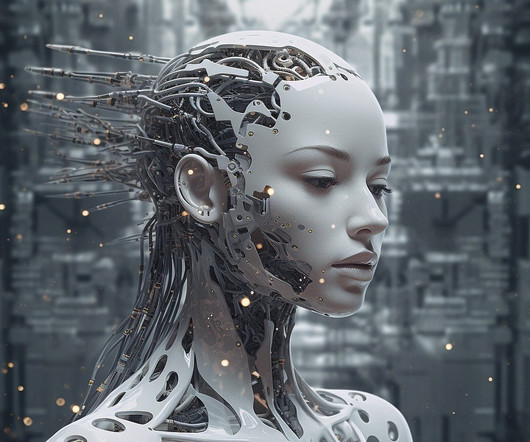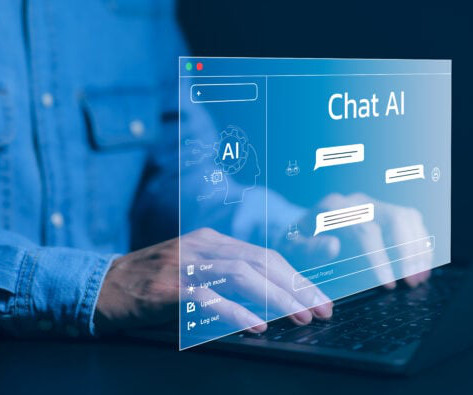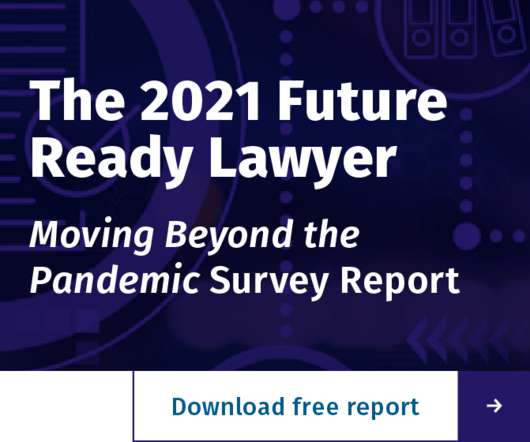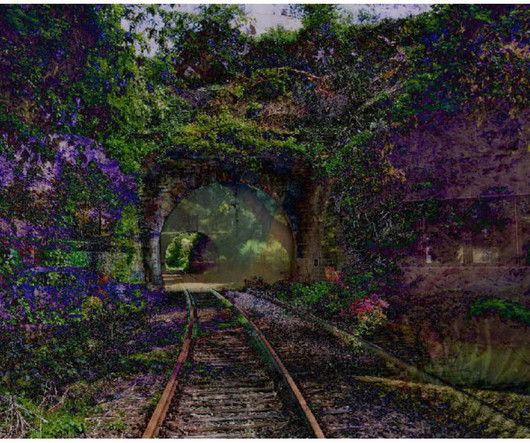AI and Copyright: Charting New Horizons for Content Creators
LexBlog IP
OCTOBER 19, 2023
AI tools offer unprecedented assistance in content creation, from automated editing to graphic design, and push the boundaries of creativity. This article explores the intricate world of AI and copyright, providing insights and guidance for those at the forefront of digital content creation.












Let's personalize your content